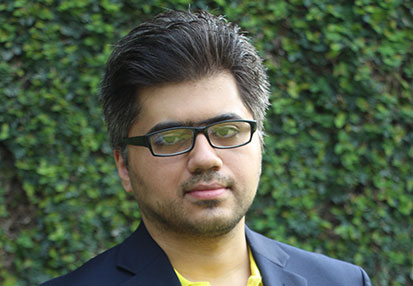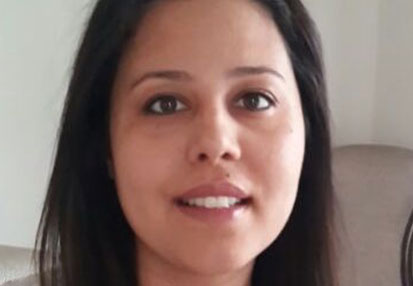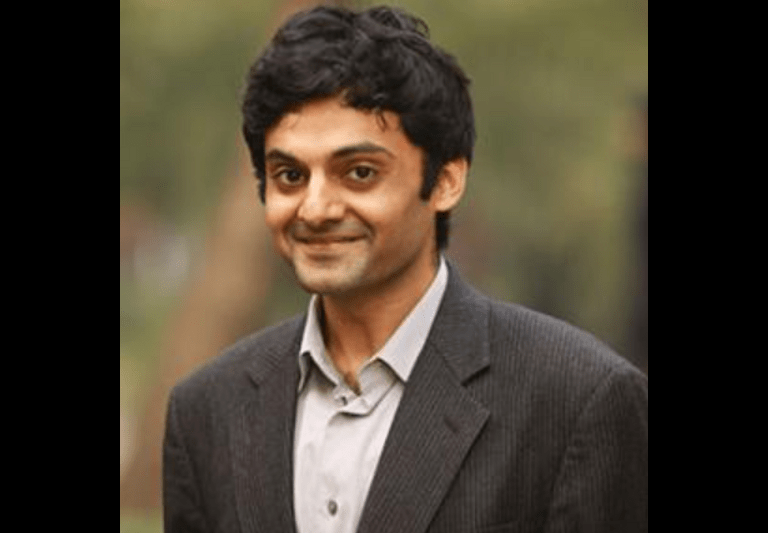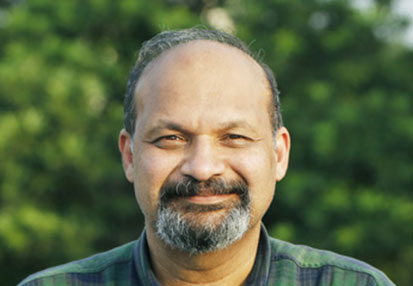Frame
The Firms research cluster explores questions of productivity, global competitiveness and job creation. The focal points of inquiry include what are the drivers of, and barriers to, firm‐level productivity in developing countries, how cognizant have states in such countries been of these barriers and drivers and how can industrial policy be shaped to stimulate productivity gains at the firm‐level.
The Firms Cluster determines what the role of technical or productive inefficiency is in constricting economic growth in developing countries; what the determinants are of such inefficiencies, and how heterogeneous they are across industries; and what the cost of this inefficiency is in terms of making such countries less competitive regionally or globally.
The Firms Cluster determines what the role of technical or productive inefficiency is in constricting economic growth in developing countries; what the determinants are of such inefficiencies, and how heterogeneous they are across industries; and what the cost of this inefficiency is in terms of making such countries less competitive regionally or globally.
Finally, it examines how political leverage of firms in developing countries inhibits the entry and growth of smaller firms who lack such political connections, as well as the extent to which factors of production are misallocated.
Context
According to the World Bank, South Asia’s economic outlook appears bleak. As COVID-19 continues to have devastating impacts on South Asian economies, the region is expected to plunge into its worst ever recession, resulting in a disproportionate toll on informal workers and pushing millions of South Asians into extreme poverty. World Bank reports suggest that the regional growth is expected to contract by 7.7 percent in 2020, after topping 6 percent annually in the past five years and projected to rebound to 4.5 percent in 2021. However, factoring in population growth, it is observed that the income-per-capita in the region will remain 6 percent below 2019 estimates, indicating that the expected rebound will not offset the lasting economic damage caused by this health crisis.
Research Problems
Within Pakistan specifically, the following research questions play a key role in shaping the cluster’s research activities and points of inquiry:
Systemic:
- What are the gaps in the policy and institutional environment for transformational entrepreneurship, innovation and new product development in Pakistan?
- What prevents firms from moving to formalization and to higher value-added production?
- What market failures prevent firms from exploiting new export markets/products? How does information diffuse amongst local firms?
Delivery:
- What is the role, in particular, of policy capture by larger and “connected” firms/sectors? What kind of barriers to entry and growth does this capture present?
- What is the role in particular of the available education and skills in the labour force?
- What role can peer learning, benchmarking, and more generally, better access to information (business specific or common) play in improving firm profit?
Mahbub ul Haq Research Centre at LUMS
Postal Address
LUMS
Sector U, DHA
Lahore Cantt, 54792, Pakistan
Office Hours
Mon. to Fri., 8:30 a.m. to 5:00 p.m.













